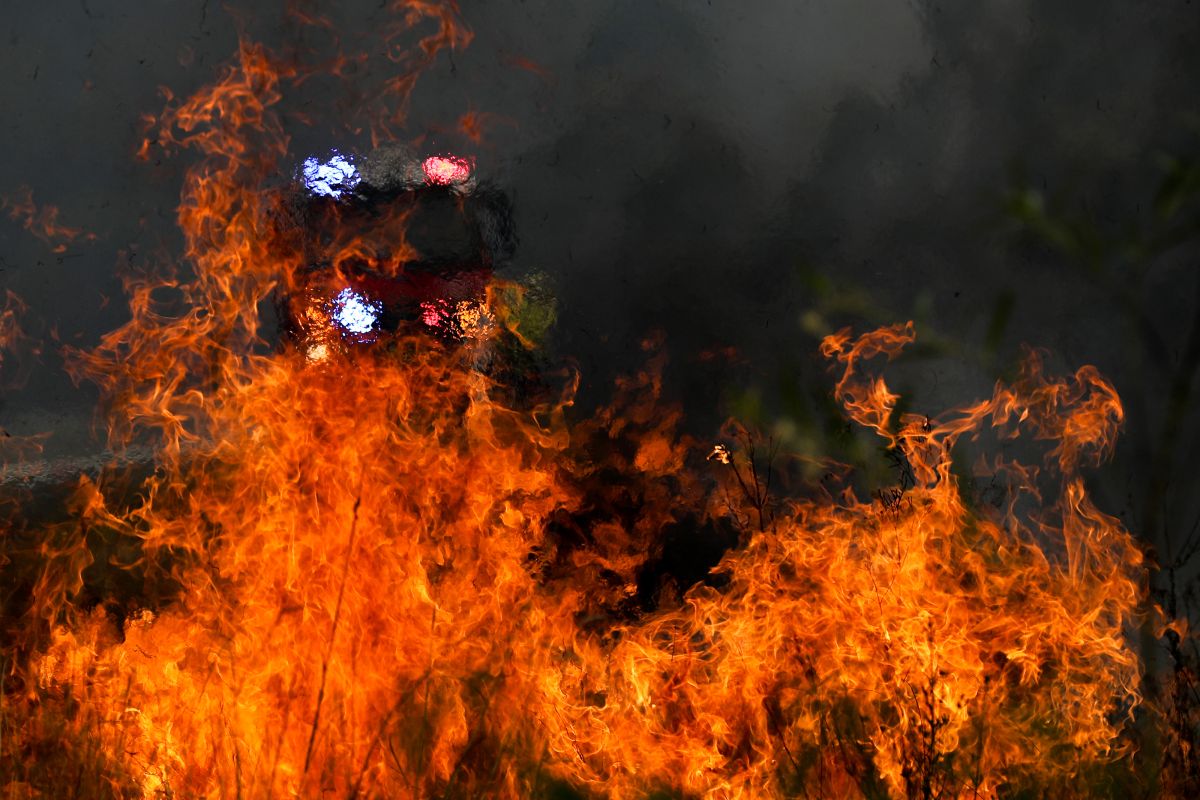More than three-quarters of Australian adults were affected by the nation’s bushfire crisis, according to the Australian National University (ANU) poll.
The poll asked a nationally representative sample of more than 3,000 Australians about their experiences and exposure to the recent extensive bushfires across the nation.
Advertisement
Nicholas Biddle, the lead researcher, said that even he was “surprised at just how far-reaching” the impacts were.
He said they found that about 3 million people, more than 14 per cent of adult Australians, said they were directly exposed to the fires including having their property damaged or threatened or being advised to evacuate.
Analysis of the data also showed that more than three-quarters of Australian adults, more than 15 million Australians, reported some form of indirect exposure.
“Nearly every Australian has been touched by these fires and many of us will be living with the effects for years and years to come,” he said in a media release.
The poll found that Prime Minister Scott Morrison’s current average approval rating was 3.92 out of 10, down from 5.25 compared with the result in June 2019.
“We estimate that about 60 per cent of adult Australians were either satisfied or very satisfied with the way the country is heading in January 2020, a significant and substantial decline from 65 per cent in the October 2019 ANUpoll,” Biddle said.
On a range of 0 to 10, life satisfaction in January 2020 declined to 6.90 from a score of 7.05 in October 2019.
Last week, all the blazes in Australia’s hard-hit state of New South Wales have been brought under control, signalling the end of a months-long crisis that claimed 33 lives nationwide, the firefighters said.
Earlier this month, according to the forecast, thunderstorm activity or the formation of mesoscale lows embedded within the coastal trough was possible.
Last month, a massive bushfire in the Orroral Valley south of Canberra was sparked by an Australian Defence Force (ADF) helicopter.
With severe flooding blanketing several north coast areas of the state, the NSW Emergency Service (SES) said they had received over 600 calls for assistance already.
On January 19, the Bureau of Meteorology in Victoria issued severe thunderstorm warnings for parts of the state and said that damaging winds and heavy rainfall were expected.
Earlier, hundreds of Australians were arrested for deliberately starting the devastating bushfires since September.
The impact of the bushfires has spread beyond affected communities, with heavy smoke engulfing the country’s second-largest city Melbourne and the national capital Canberra. Some government departments were shut in Canberra as the city’s air quality was once-again ranked the world’s poorest, according to independent online air-quality index monitor Air Visual.
The disaster has sparked growing public anger with Morrison. Rallies are planned on Friday to call on his government to step up efforts to tackle climate change, which experts say have helped fuel the fires.









